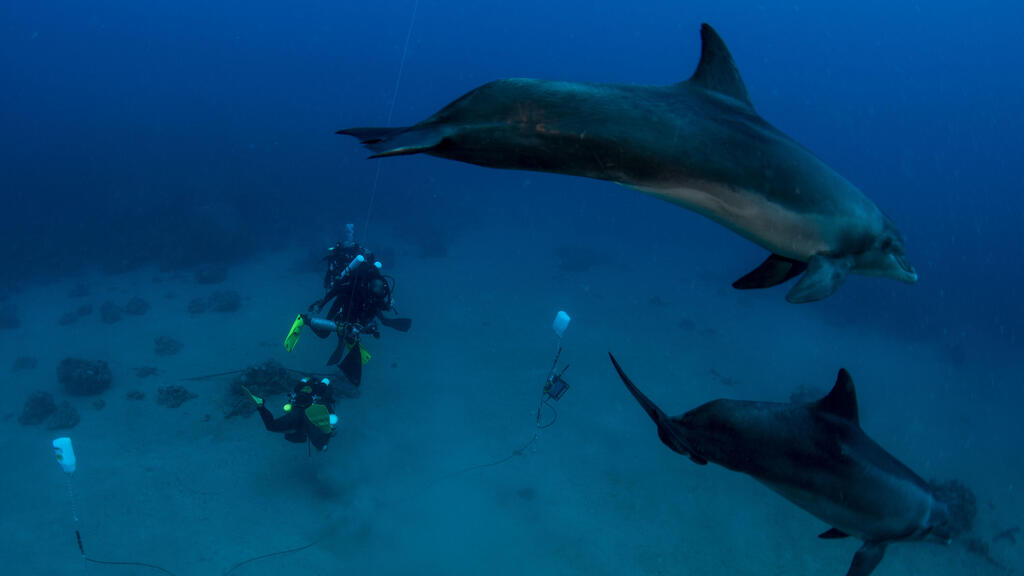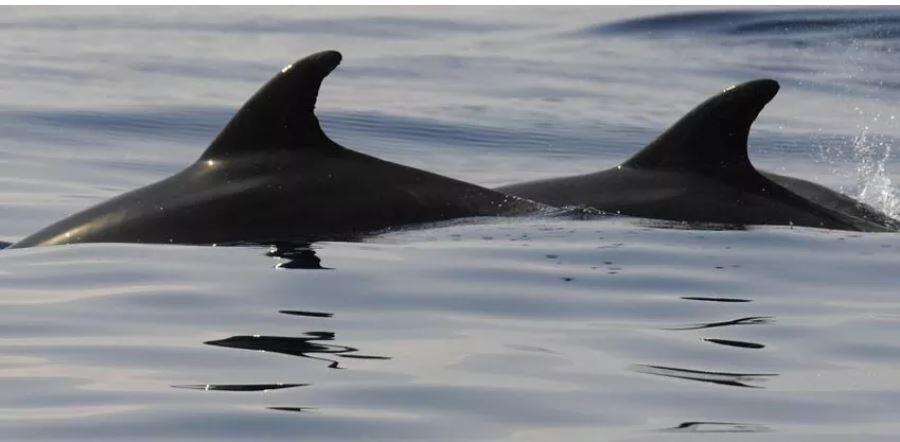Getting your Trinity Audio player ready...
Maritime traffic significantly influences the quality of the environment, public health, and particularly the marine environment. It also acts as a catalyst for the migration of marine species from one marine environment to another. Until now, it was unclear whether dolphins were affected by ship noise, with most evidence being anecdotal and visual.
Read more:
In a collaborative study conducted by the Laboratory for Underwater Acoustics and Navigation and the Marine Mammal Laboratory at the University of Haifa's Morris Kahn Marine Research Station, researchers combined acoustic tests of dolphin whistles, used for communication, with artificial intelligence software. This software was designed to scan the patterns of these whistles.
Sounds made by Dolphins
(Video: University of Haifa)
While it may seem intuitive to us, up until this study, there was no empirical evidence that dolphins are affected by ship noise. With the aid of artificial intelligence, researchers were able to demonstrate that dolphins communicate differently when there is ship noise in their vicinity. This finding suggests that the impact of ship noise on dolphin communication could potentially cause dolphins to distance themselves from noise sources, which are often areas where they feed.
The main challenge of the research was to systematically identify the behavior of the same dolphins in response to ship noises. Researchers needed to compare the behavior of dolphins when there was no ship noise and when there was ship noise. This comparison was crucial to determine whether a dolphin behaved differently in each scenario.
The research was conducted near the "Dolphin Reef" in Eilat, a regular habitat for common dolphins. Researchers placed recorders at a depth of 50 meters to continuously document the sounds of the dolphins and nearby vessel traffic. This method allowed them to gather comprehensive data on how ship noise impacts dolphin behavior and communication.
2 View gallery


Examining their movement up close
(Video: University of Haifa's Morris Kahn Marine Research Station)
Interestingly, the researchers themselves could not find different characteristics between the two groups of whistles, those that were heard when there was a ship and those that were heard when there was no ship. Therefore, they used a deep learning algorithm. This algorithm analyzed 20% of the whistles that were affected when there was a ship in the dolphins' area. When they tested it on all the whistles, it was able to identify at a level of 90% the cases in which the whistle was heard when there was a ship in the area.
The implication is that artificial intelligence managed to identify a specific pattern that dolphins emit when there is ship noise in the area, even if the researchers could not find one. "We still don't know what unique pattern the machine identified, but it definitely identified a pattern," the researchers said. "That is, dolphins communicate differently and change their vocal behavior when they encounter ship noise, so they are definitely affected by ship noise. Past research has already shown that a change in vocal behavior can be related to stress and distress and in future research we will try to examine what this effect is."
The research, conducted at the Charney School of Marine Sciences at the University of Haifa, was published in the peer-reviewed journal Scientific Reports.






